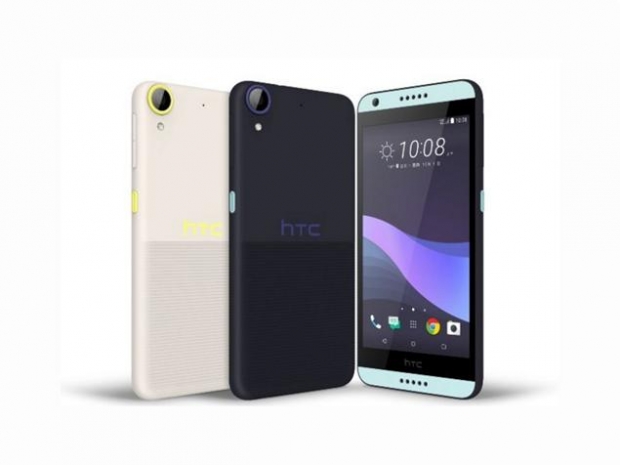Although the company posted a swelling net loss in its fourth quarter earnings report, the transition of resources does not necessarily mean that it will only manufacture flagship or premium devices from now on.
According to HTC’s Kelly Hsu, the shift in the company’s mobile strategy is expected to provide a much-needed revenue stream with the main goal of bringing its smartphone business back to profitability. In its Q4 2016 earnings report outlined earlier today, the company saddled net losses of $100.49 million with operating losses of NT$118 million / $3.84 million, representing its seventh consecutive loss on record since the spring of 2015.
As for its premium handsets, HTC has already revealed the HTC U Ultra and HTC U Play earlier last month and now plans accompany them with between four and five additional high-margin smartphone devices over the course of the year. With its shift in strategy, the term “high-margin” devices may simply refer to phones with decent specs that are easy to manufacture, cost-effective to produce and outside of the entry-level market. The development costs of these devices may end up cheaper than spending resources on a handful of low-end devices, according to some estimates.
While the company did not make the best revenue breakthrough in its latest quarterly results, there are signs that it is healing from the wounds of flat sales during the second half of 2016 and a nearly 80 percent profit drop ahead of the flagship HTC 10 debut earlier in May.
Even with its decision to exit the entry-level smartphone business, however, the company has managed to sell a few hundred thousand units of its HTC Vive VR headset, particularly in markets where it is used as an “arcade device” for amusement arcades and entertainment stops. While these numbers are still much lower than initially anticipated, the Vive is in a market that is just beginning to bloom over the next several years and will provide the company much-needed revenue so long as it continues to strengthen partnerships with VR-ready PC business units and continue its promotions and bundle discounts.
A more affordable, HTC mobile VR headset is also reportedly in the pipeline and expected to be released by the end of the year, according to the latest sources. The device is designed to operate with the HTC U Ultra and may end up supporting other smartphones before being released. HTC claims its solution will be “more than just a phone slapped into a headset,” though has yet to iterate on the differences with its larger PC-based counterpart.




